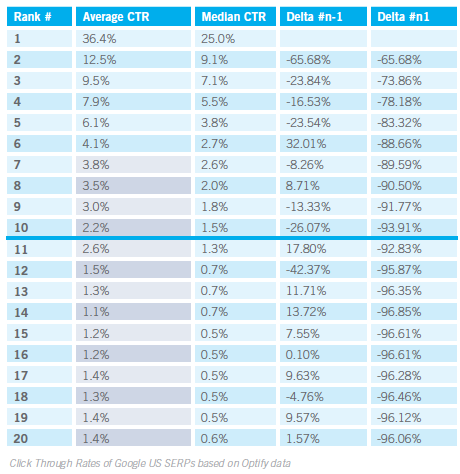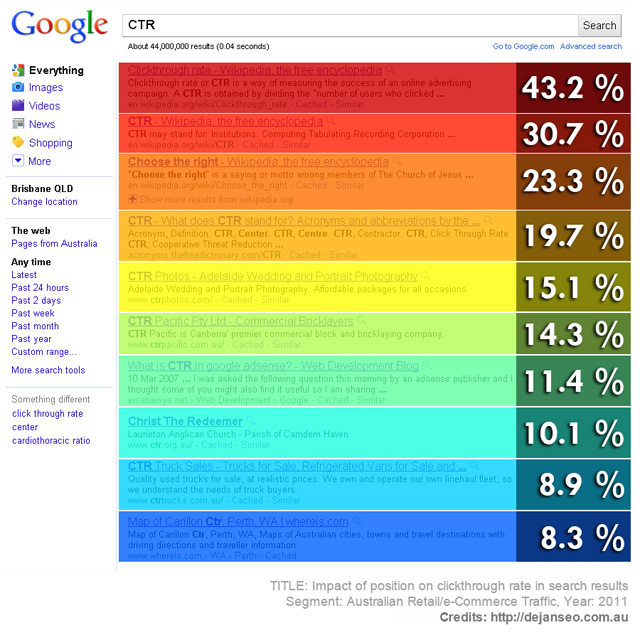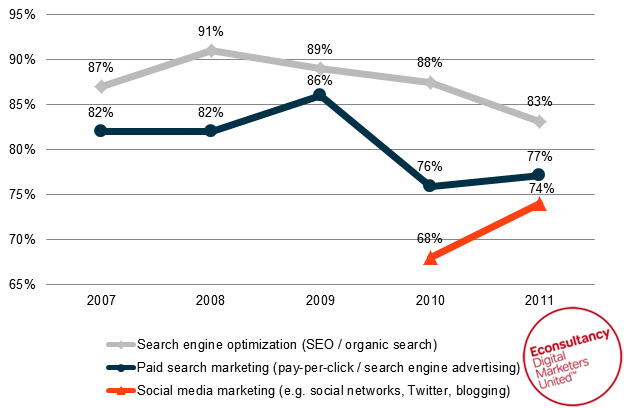Bing says that they know that decision matter and they just made search more social by incorporating the Facebook data in search results. Bing will now pull Facebook likes—from news, celebs, and movies to bands, brands, and burgers to inform you about the opinions of the people whom you are connected to so that it helps you to decide i.e Bing & Decide.
Search, shortlist products and websites, see what your friends have to say about it and then decide. If you have activated Facebook results, you will see which pages, products and websites your friends like and recommend. Its like bringing the IQ of the web to you so that you can decide.
View the video released by Bing in this regard.
Bing had made a similar announcement on their official blog in October last year
Google too has been working on the social signals for search and had made a similar announcement on 17/02/2011 on their official blog
http://googleblog.blogspot.com/2011/02/update-to-google-social-search.html
View Google's stand on the Search And Social Integration
As you can clearly see that Bing is incorporating the Facebook ‘Likes’ and Google is focusing on Twitter for the social media integration, the presence on Twitter and Facebook both are equally important.
SEMPO reports a decline of SEO spending in 2011 but an increase in social media spending in 2011. This is in future is going t have a very positive aspect to SEO as the Social Media spending are actually supplementing search only.
Now SEO companies have to educate their clients on how to use social media effectively in addition to educating them about how search works and the importance of quality web presence.
An article based on the SEMPO study can be read on:
http://www.searchenginejournal.com/sempo-decline-in-seo-spendings-2011-good-news-for-seos/29817/


















